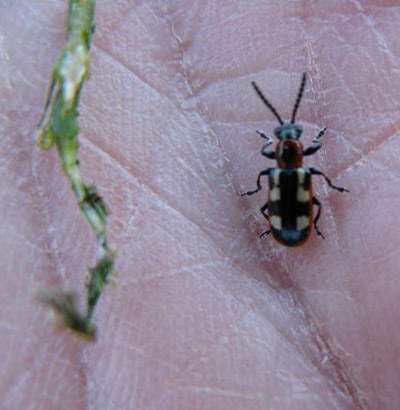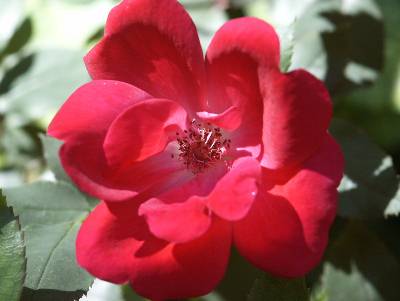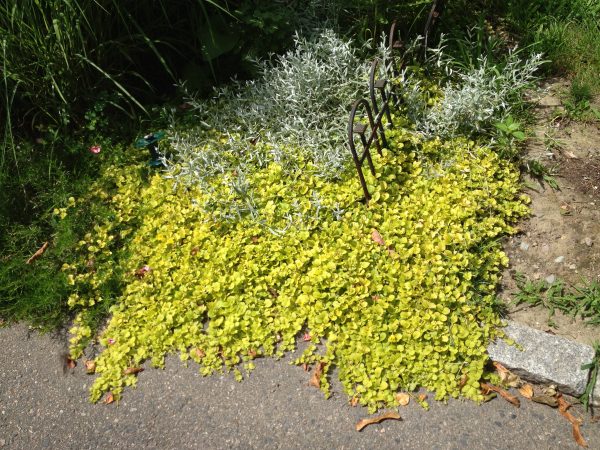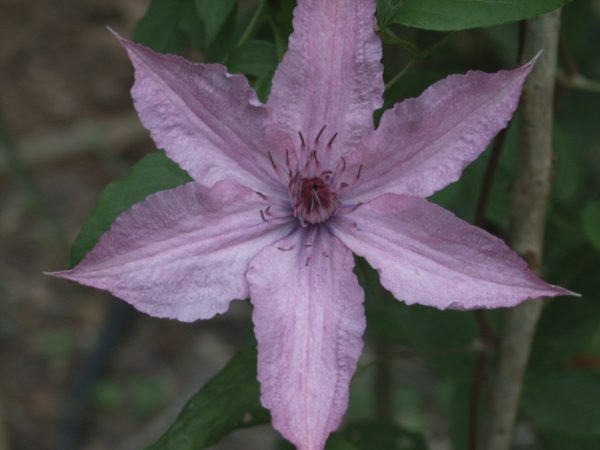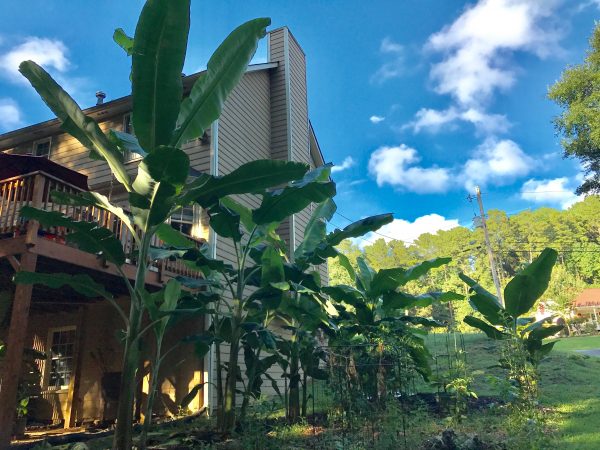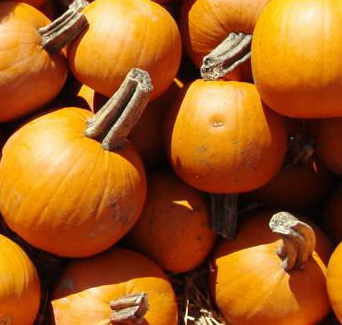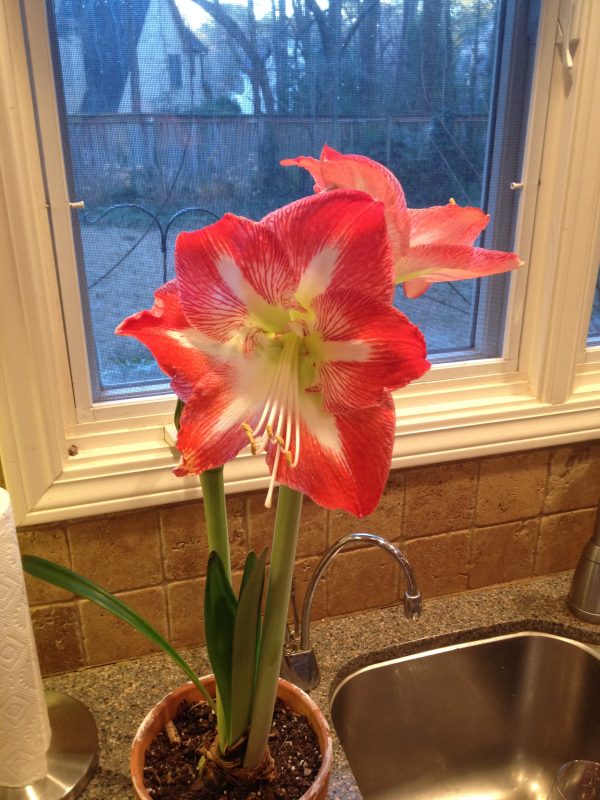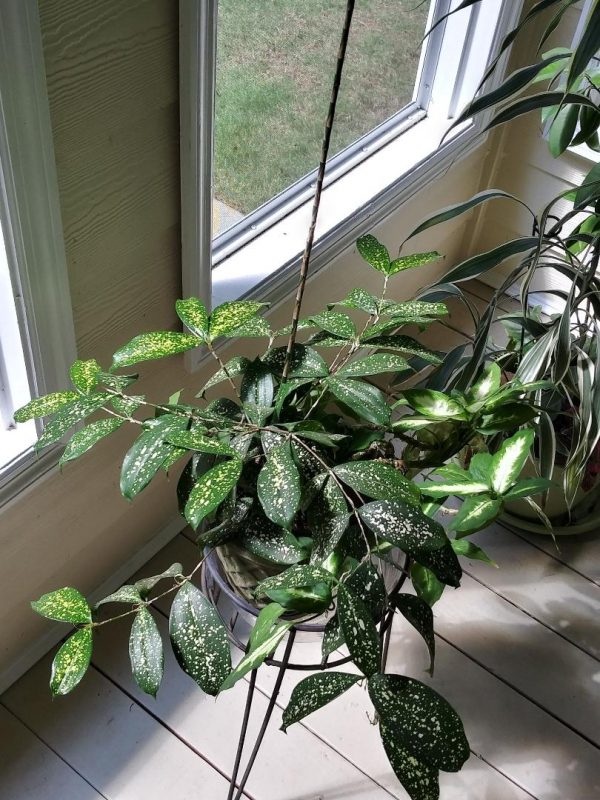FALL AROMAS BRING A WHIFF OF HOME
Fall was a fragrant time around the chicken farm where I grew up. Our hens worked hard all summer producing eggs. We sold them to family groceries and restaurants on Atlanta’s southside. Our chicken houses were pleasantly scented with fresh wood shavings in the spring. By autumn, though, they were perfumed with a decidedly different smell.
My father, an inveterate Georgia Tech fan, carefully made plans each November to clean out the houses and ready them for winter. After Saturday lunch, as soon as announcer Al Ciraldo proclaimed that “Toe meets leather!”, we herded the chickens into a holding pen and began loading their leavings into a tractor-drawn spreader. By halftime, the spreader’s springs were groaning under a mountain of manure. As the marching band began its performance, he leapt onto the tractor and tore across our pastures, followed by a brown fan of effluvium. He pulled back into place as the third quarter began and we continued our heavy chore, grunting in unison with the gridiron heroes.
I thought of fall on the farm last weekend as I rototilled a bag of composted hen manure into the raised beds I’ve been building. I am attempting to replicate the results Dr. Tim Smalley found with his research plots at the University of Georgia this summer. Tim compared flower growth in beds to which he’d added the typical wood-based soil conditioner to the growth in beds where composted chicken manure was added. As a control, one bed was only rototilled and no amendments were mixed in. He also compared the effect of fertilizing and not fertilizing each bed. Annual flowers were planted in all the beds in late spring.
When I visited his beds in August, Tim showed me the results. On average, flowers in amended beds which had been fertilized were larger than flowers in beds which were amended but ^not^ fertilized. No surprise there.
Dr. Smalley walked me over to another bed, spilling over with begonias, and asked me to guess how that bed had been treated. I guessed it had been amended and fertilized more than the rest. “Not at all!” he exclaimed. “That bed was improved with composted hen manure four years ago and it has not been fertilized since. And look at the growth it still promotes!”
His explanation for the phenomena was simple. Hen manure is quite rich in nutrients to begin with. Experienced gardeners know not to use too much fresh manure or it will harm plant roots and leaves. Composting, though, impounds those nutrients tightly onto soil particles. Soil fungi and bacteria slowly convert the particles back to plant food. The manure that was added years earlier was ^still^ releasing its richness this summer. In addition, the original clay soil in the bed was thoroughly broken up by all the microbial action. Despite the dry weather, the begonia roots found moisture and oxygen in the fertile soil there. The manure advantage was obvious, even to my untrained eye.
You could say that I am interested in manure both scientifically and sociologically. Both of my parents were big believers in organic fertilizer. After all, it was free and available in unlimited quantities. With five hungry children to feed, our huge garden got limited amounts of chemical fertilizer but all the cow and hen manure it could handle.
My new raised beds won’t be fed in a ^totally^ organic manner. I’ll scatter some 10-10-10 over them when I need to perk them up in summer. The hen humus I add now, though, will give my plants something to savor for years. And, speaking of savoring, when my son inquires what stinks so bad in the back yard, I can truthfully reply “That’s the smell of home, son, the good smell of home.”




